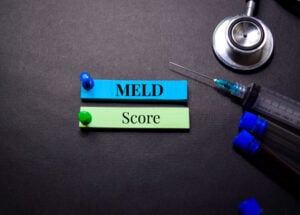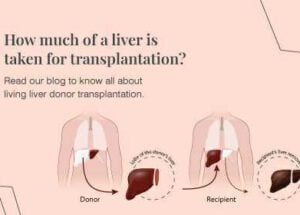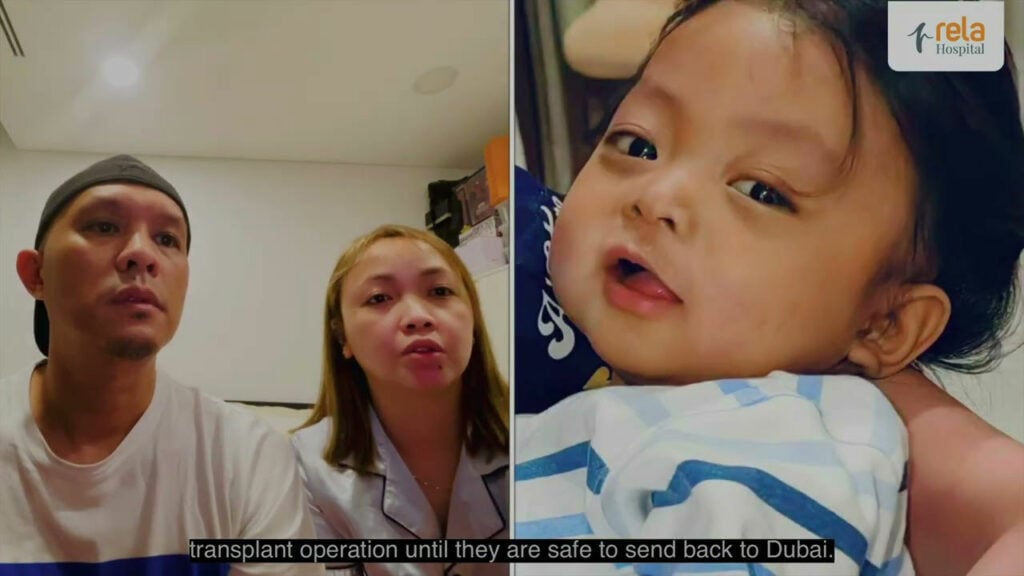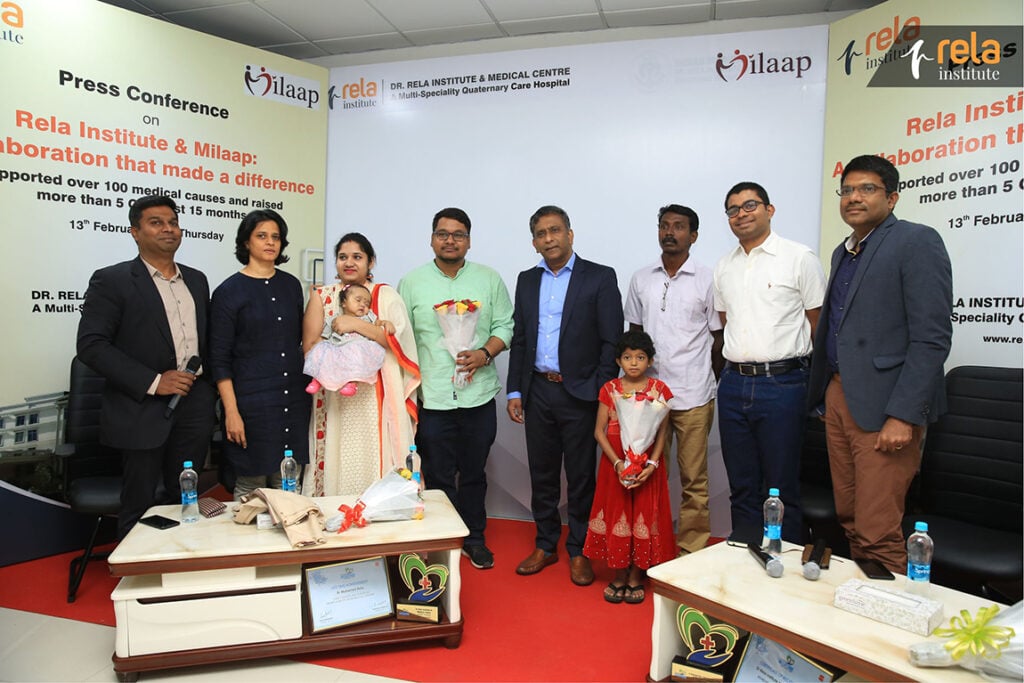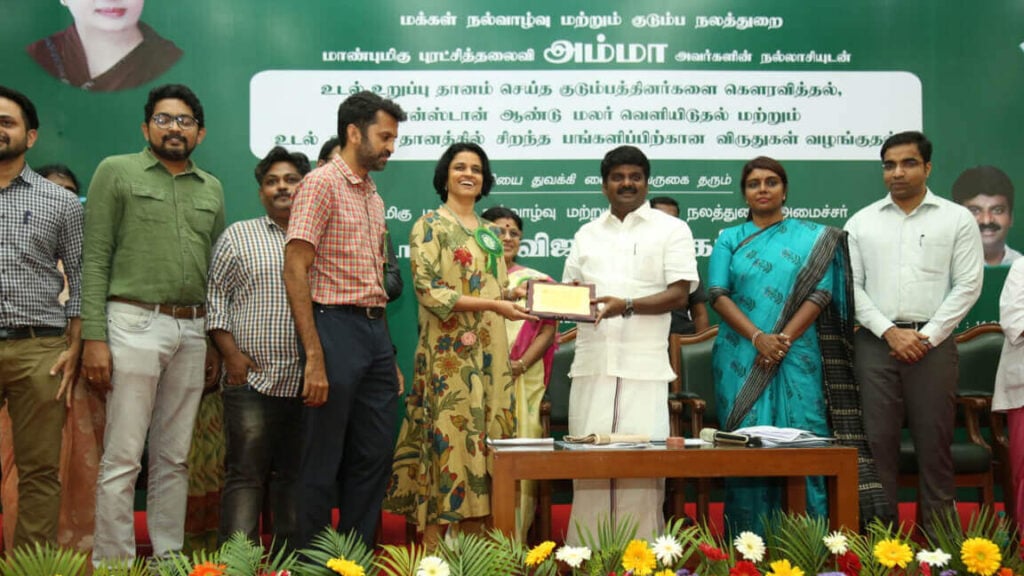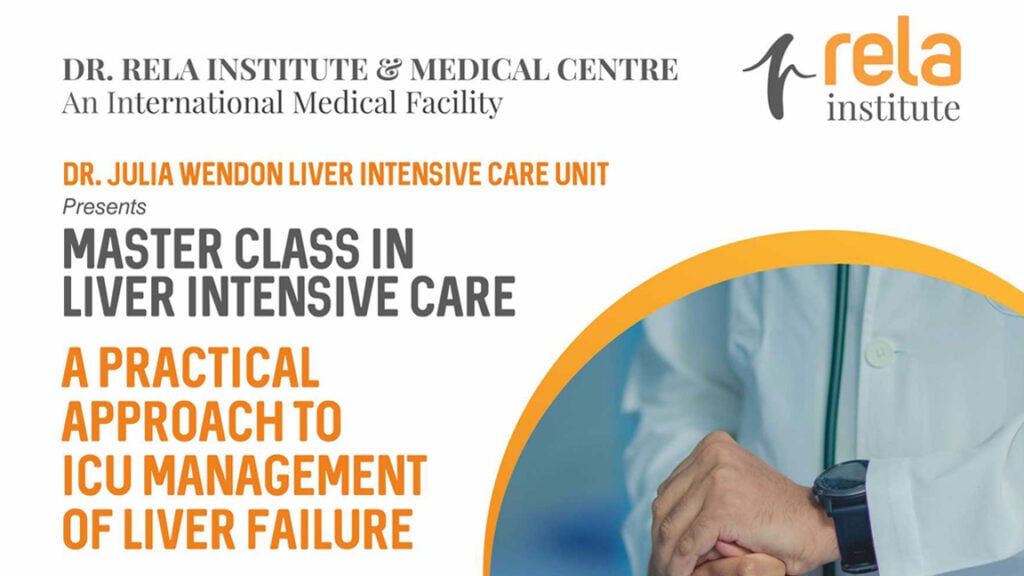Overview
Hepatitis C is a viral infection that primarily affects the liver. It is caused by the hepatitis C virus (HCV) and can cause liver inflammation, liver damage, and liver failure if left untreated. In India, hepatitis C is a significant health concern, with an estimated 12 million people living with the disease.
What is Hepatitis C?
Hepatitis C is mainly spread through contact with an infected person’s blood. This can occur through sharing needles or other equipment used to inject drugs, receiving a blood transfusion before 2002, or receiving an organ transplant before HCV testing was routine. It can also be transmitted through unprotected sex with an infected person or from mother to baby during childbirth.
Symptoms of Hepatitis C
Symptoms of hepatitis C can vary widely and may not appear for years after infection. Some people may experience mild flu-like symptoms, such as fatigue, fever, and body aches. Others may not have any symptoms at all. However, if left untreated, hepatitis C can cause liver damage and lead to more severe symptoms, such as yellowing of the skin and eyes (jaundice), abdominal pain, and swelling in the legs and abdomen.
Early warning signs of Hepatitis C
Early warning signs of hepatitis C can be subtle and may not appear for years after infection. However, some people may experience mild symptoms, such as fatigue, fever, and body aches. Others may notice changes in their skin or eyes, such as yellowing or itching. If you suspect you may have been exposed to hepatitis C, you must speak with your healthcare provider and get tested.
Anyone can be infected with hepatitis C, but some groups are more at risk than others. These include people who inject drugs, those who had received a blood transfusion or organ transplant before routine HCV testing was established, and healthcare workers who have been exposed to infected blood. In addition, people who have HIV or a weakened immune system are also at higher risk for hepatitis C.
Diagnosis and Treatment
While hepatitis C is a severe disease, it is curable with proper treatment. Antiviral medications can effectively clear the virus from the body in most cases, and early treatment can prevent liver damage and other complications. People at high risk for hepatitis C, such as those who inject drugs or have had a blood transfusion before 2002, should be screened for the disease.
Diagnosis of hepatitis C typically involves a blood test to check for antibodies to the virus. A second test is usually done to confirm the diagnosis if the test is positive. Additional tests may be done to assess the severity of liver damage and determine the best course of treatment.
It’s important to note that hepatitis C can have severe complications if left untreated. The virus can sometimes lead to liver damage, liver failure, or cancer. However, with early detection and proper treatment, most people with hepatitis C can lead healthy, productive lives.
Hepatitis B and C are viral infections that primarily affect the liver, but different viruses cause them. Hepatitis B is caused by the hepatitis B virus (HBV) and can be transmitted through contact with infected blood or body fluids, such as during unprotected sex or sharing needles. Hepatitis C is caused by the hepatitis C virus (HCV) and is primarily spread through contact with infected blood.
The symptoms of hepatitis B and C can be similar, but they can also vary widely. For example, both can cause fatigue, fever, and abdominal pain, but hepatitis B may also cause a rash or joint pain. Treatment for both diseases typically involves antiviral medications, but the specific drugs used may vary depending on the type of virus and the severity of the infection.
If you are diagnosed with hepatitis C, your healthcare provider will work with you to determine the best course of treatment. Treatment typically involves antiviral medications that can help clear the virus from the body. Treatment may last several months or longer, depending on the severity of the infection and the degree of liver damage.
In addition to medication, it’s also important to protect your liver and maintain your overall health. This may include avoiding alcohol and certain medicines that can harm the liver, eating a healthy diet, and exercising regularly.
It’s also important to talk to your healthcare provider about any other medical tests that may be recommended. For example, people with hepatitis C may need regular monitoring to check for liver damage or other complications. Your healthcare provider may also recommend additional testing to rule out other conditions that can cause similar symptoms.
Hepatitis C is a severe viral infection that can cause liver damage and other complications if left untreated. However, with early detection and proper treatment, most people with hepatitis C can be cured. If you suspect you may have been exposed to hepatitis C, you must speak with your healthcare provider and get tested. Proper care and management make it possible to live a healthy, productive life with hepatitis C.
Who to consult for Hepatitis C?
If you suspect you have hepatitis C or would like to consult a doctor about it, it is recommended to visit a healthcare professional specialising in infectious diseases or a hepatologist (a liver specialist).
People also ask
1. What is the main cause of Hepatitis C?
The main cause of hepatitis C (Hep C) is infection with the hepatitis C virus (HCV). HCV is primarily transmitted through exposure to infected blood. The most common modes of transmission include sharing needles or other drug paraphernalia, receiving blood transfusions or organ transplants before widespread screening for HCV was implemented, and using unsterilised equipment for medical procedures. It can also be transmitted through sexual contact, although it is less common.
https://www.relainstitute.com/department/hepatology/team/
The initial stages of hepatitis C infection often do not cause noticeable symptoms in many individuals. This is why hepatitis C is often referred to as a “silent” disease. However, some people may experience mild, nonspecific symptoms within the first few months after infection. These symptoms can include fatigue, fever, muscle and joint pain, loss of appetite, nausea, and jaundice (yellowing of the skin and eyes). It’s important to note that these symptoms are not specific to hepatitis C and can also be caused by other conditions.
2. Is Hepatitis C curable?
Yes, hepatitis C is considered a curable disease. Advances in medical treatments have led to highly effective antiviral medications known as direct-acting antivirals (DAAs). These medications have revolutionised hepatitis C treatment and can cure the infection in the majority of cases. Treatment duration can vary depending on the specific regimen the healthcare provider prescribes. It is important for individuals with hepatitis C to consult with a healthcare professional to determine the most appropriate treatment options for their specific case.




